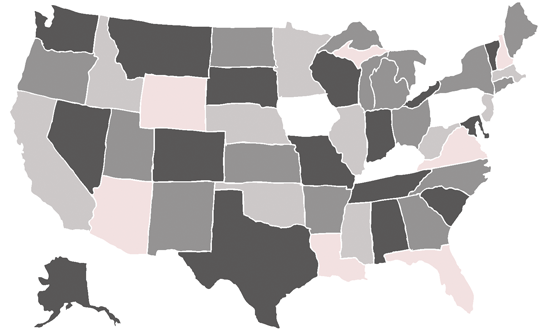We live a life where access to information and technology is at our fingertips-watching a Netflix series, checking a work email, or storing photos in the cloud. What is cloud computing, though, and how does it impact our day-to-day existence? The answer lies in the way technology has evolved to make our lives simpler, more connected, and a lot more efficient.

What Is Cloud Computing?
At its most basic, cloud computing refers to using the internet to access and store data, run applications, or use services, rather than relying on physical hardware or local servers. Like a massive invisible network of servers. These servers, located in data centers around the world, hold all the information you need.
The 'cloud' is a network of data centers that are managed by cloud providers like Amazon (AWS), Microsoft Azure, Google Cloud and more. These companies provide businesses the access to computing resources through the internet. Rather than owning and maintaining physical servers, we rent these resources on-demand, making computing more flexible and cost-effective.
How Does Cloud Computing Affect Our Daily Lives?
It's easy to overlook, but cloud computing impacts almost everything we do today.
1. Storage Made Simple
Ever run out of space on your phone because your photos and apps were filling it up? The cloud solves that problem. Providers like Google Drive and Dropbox offer seamless ways to store and access data without taking up any physical space on your devices.
2. Work Smarter, Not Harder
The cloud has revolutionized how we work. Applications like Docs, Microsoft Office, and Slack allow us to work on documents, spreadsheets, and presentations in real-time with anyone, anywhere in the world. This helps in collaborating without worrying about sending files back and forth or losing track of changes.
3. Entertainment and Media
Streaming services like Netflix, Spotify, and Apple Music have changed how we consume media, and they're all powered by the cloud. Instead of downloading movies, music, or TV shows, the cloud lets us stream them in real-time.
4. Internet of Things (IoT)
The cloud is the brains behind the all the connected devices around us. Your smart thermostat, fitness tracker, or even smart refrigerator all rely on cloud computing to function properly. These devices collect data, send it to the cloud for processing, and then make intelligent decisions.
5. Security and Backup
Security is one of the greatest advantages of cloud computing. While your data might feel safer stored on a local hard drive, the truth is that cloud providers have more robust security measures than most individuals or small businesses could ever afford. Automatic backups, encryption, and secure access controls are its best features.
Learn About Networking Behind the Cloud
If cloud computing excites you, CCNA certification can help you understand how cloud services rely on robust network infrastructures. Understanding the role of networking in cloud computing helps you to explore career opportunities, from network administration to cloud management.
In conclusion, cloud computing is changing the way we live, work, and interact with technology. It's making everything from storing data to collaborating on projects more convenient and accessible.


































